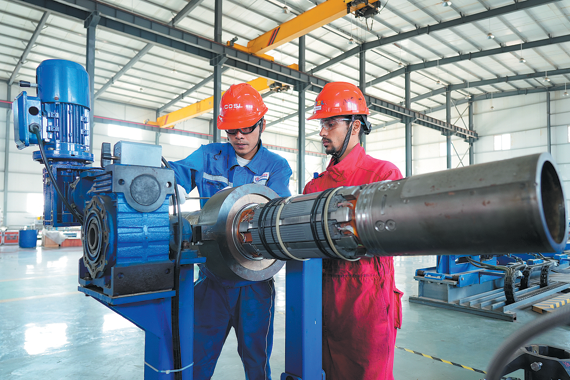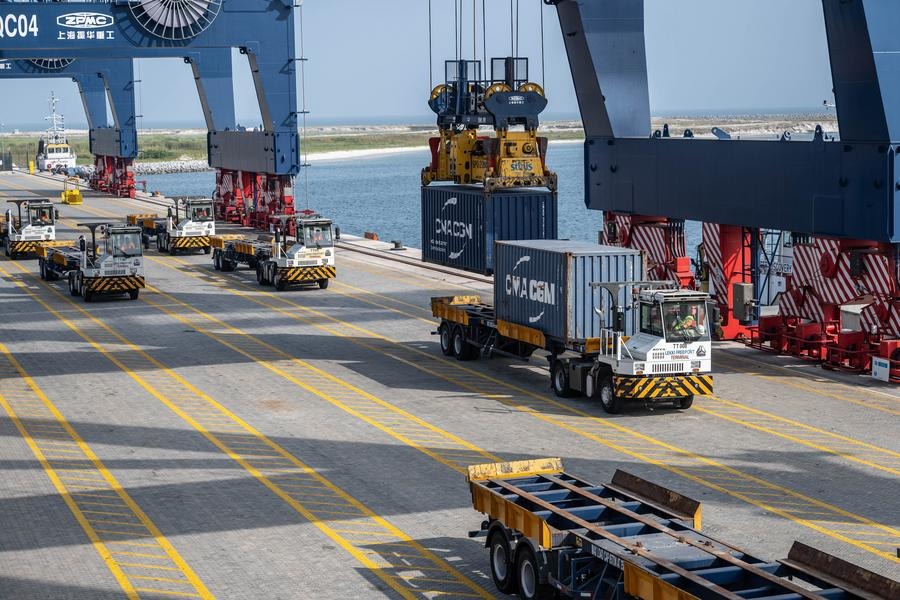Documentary shares moving story of POWs’ rescue


As the documentary The Sinking of Lisbon Maru ended in the British Film Institute’s Southbank theater, in London, England on Tuesday, long-lasting applause erupted, and tears welled up in the eyes of many in the audience.
The Lisbon Maru was an armed Japanese cargo ship that participated in World War II, and the documentary told the lesser-known story of hardship, horror, tragedy, and courage that surrounded its sinking while transporting more than 1,800 British prisoners of war, or POWs, from Hong Kong toward Japan.
The sinking by a US submarine happened because the vessel did not bear a sign indicating it was carrying POWs, who were battened down below deck at the time and who were left to drown by the Japanese soldiers on the ship.
When the Lisbon Maru went down off the coast of East China’s Zhejiang province on Oct 2, 1942, local Chinese fishermen sprang into action, pulling 384 POWs from the water.
Another 800 went down with the ship.
Tuesday’s special screening about the tragedy featured a film in the final stages of production, and was organized for around 400 descendants, relatives, and friends of the POWs who had been on board.
Many of those in attendance had previously been interviewed by the filmmakers. Most were seniors, but there were also some with young children, and even a few who flew in from Australia.
Mark Weedon, the 83-year-old son of Martin Weedon, who had served with the Middlesex Regiment and who survived the incident and lived until age 60, said: “I’m here to honor those who didn’t make it, as well as my father and my godfather, who did make it … and I hope people remember them.”

































